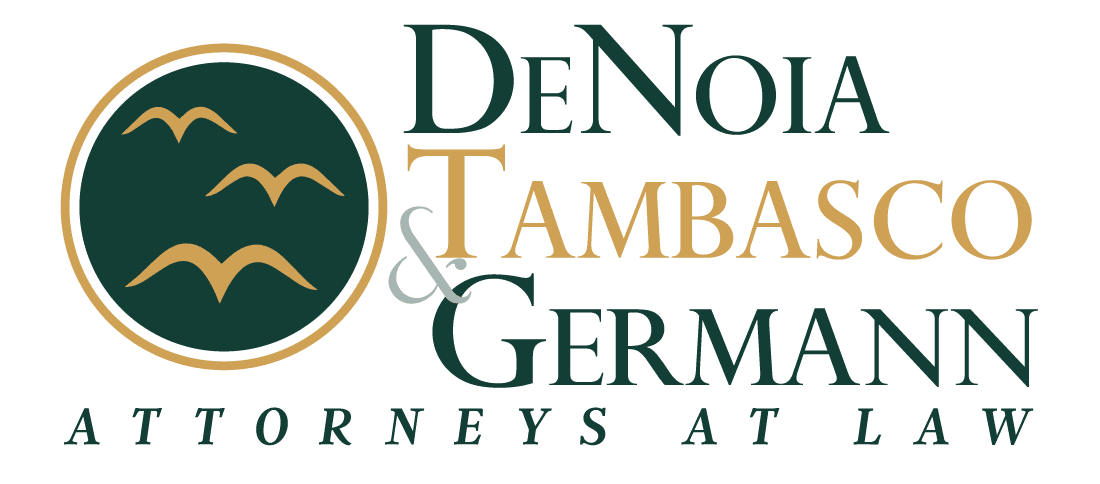The choice of business formation is a crucial decision for entrepreneurs and business owners as it determines the legal structure, tax treatment, liability, and management of the business. There are several different types of business formations to choose from, each with its advantages and disadvantages. Here, we’ll explore some of the most common types:
Sole Proprietorship
A sole proprietorship is the simplest and most common form of business ownership. In this structure, a single individual owns and operates the business. Key features include:
- Sole Ownership: The business and the owner are considered one legal entity, making it easy to start and manage.
- Personal Liability: The owner is responsible for all business debts and liabilities, which can put personal assets at risk.
- Taxation: Income is reported on the owner’s personal tax return, simplifying tax compliance.
- Flexibility: Sole proprietors have complete control over business decisions and operations.
Partnership
A partnership is a business structure where two or more individuals share ownership, responsibilities, and profits. There are two primary types of partnerships:
- General Partnership: All partners have equal responsibility and liability for the business in general partnership.
- Limited Partnership: Limited partners invest capital but have limited involvement and liability. General partners manage the business.
Partnerships offer:
- Shared Responsibilities: Partners work together to run the business and share profits and losses.
- Taxation: Partnerships are “pass-through” entities, meaning profits and losses flow to the partners’ personal tax returns.
- Capital Pooling: Partners can combine resources and expertise to grow the business.
Limited Liability Company (LLC)
An LLC is a hybrid business structure that combines elements of both partnerships and corporations. It provides:
- Limited Liability: Owners (members) have limited personal liability for protecting their assets.
- Pass-Through Taxation: LLCs pass profits and losses to members’ personal tax returns like partnerships.
- Flexibility: LLCs offer flexibility in management structure and can be managed by members or appoint managers.
- Ease of Formation: LLCs require less formal paperwork and record-keeping than corporations.
Corporation
A corporation is a separate legal entity from its owners (shareholders). It offers:
- Limited Liability: Shareholders are generally not personally liable for the corporation’s debts.
- Taxation: Corporations face double taxation, where the business is taxed on profits, and shareholders are taxed on dividends received.
- Ease of Capital Raising: Corporations can issue stock to raise capital and have an easier time attracting investors.
- Complexity: Corporations require more formalities, including regular meetings, bylaws, and extensive record-keeping.
There Are Two Common Types Of Corporations:
- C Corporation: The traditional corporate structure subject to double taxation.
- S Corporation: An S corporation avoids double taxation by passing corporate income, losses, deductions, and credits to shareholders’ personal tax returns.
The choice of business formation should align with the business’s specific goals, size, and nature. It’s crucial to consider factors such as liability protection, tax implications, management structure, and capital needs when selecting the appropriate business structure. Working with an experienced business formation lawyer is advisable to make an informed decision that suits your business objectives and minimizes potential risks.
Thank you to our friends at Eric Lindh Foster Law, LLC for their insight into business formation options.
